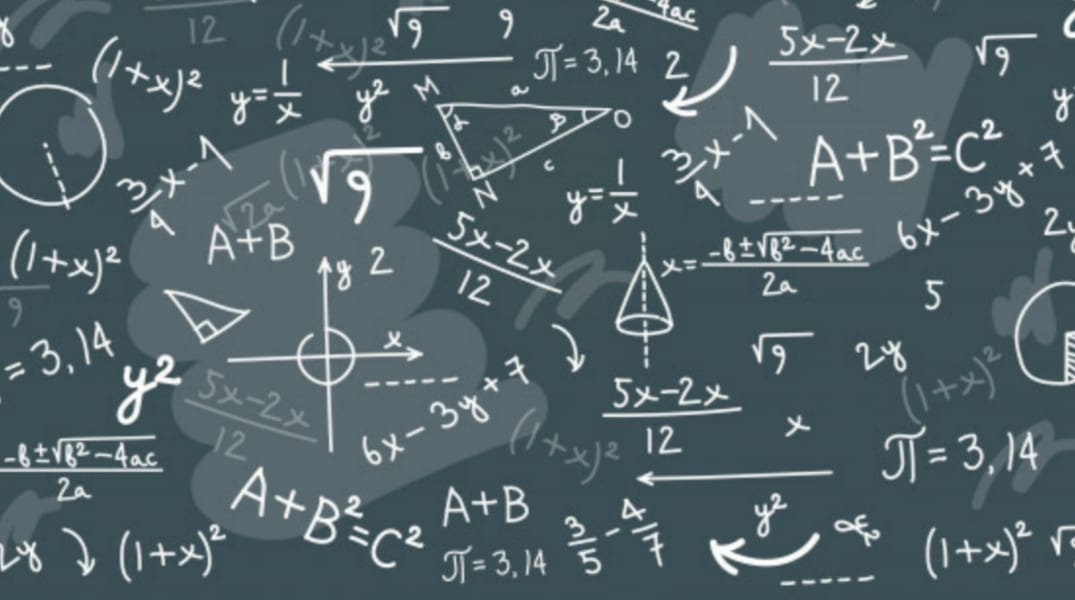By Sam Gordon Webb
Prime Minister Rishi Sunak’s education was, to put it mildly, privileged: privately educated, a student at Oxford University and recipient of a business degree from American elite university Stanford. The Prime Minister has definitely followed the stereotypical route to the door of Number 10. Now, not elected by the public and even by members of his own party, he wants to make maths a compulsory subject for students up until the age of 18.
This latest policy idea seems to be a good example of politicians having a problem with common sense and the practical realities of making a policy work. For one, there is a very real problem of teacher shortages, which the joint General Secretary of the National Education Union, Kevin Courtney, reminded us of last week when he said that “the Government have missed their [recruitment] target for maths teachers in every one of the last 12 years.”

No wonder then why this year’s target for trainee maths teachers was reduced, from 2,800 to 2,040. Without the essentials to the successful delivery of any curriculum – teachers – the education system becomes a walking ghost. The failure to match salary rises with inflation has dissuaded talent away from the classroom, a bleak reality under conservative party rule.
The problem runs deeper though. Children between the ages of 16 and 18 are closest to the world of work – Sunak is capitalising on this logic. Yet surely our resources are best directed towards earlier stages of learning, a time when students are most receptive to new ideas and building, at their most essential levels, the bare bones of knowledge. Walk before you can run, so goes the phrase. It seems the Government genuinely believes that kids should run the marathon before they leave the cot. And how might such a policy be enforced?
He claims that “statistics underpin every job”. Perhaps he has a point. This is by no means a stretch of the truth. From bakers to receptionists, bankers to novelists, numbers are at the helm of daily life. Where there is money, there is a number. Where there is a number, there are ideas. And where there are ideas, there is life. According to reports, a shortage of skills has been estimated to cost the UK £20 billion per year.
That aside, disregard for numeracy is strife. Data courtesy of Ispos Mori, highlights a total misunderstanding of the importance of maths in the everyday workplace. 28% of 2,000 people surveyed believe that hairdressers never or hardly use numbers. When booking an appointment, calculating the price of a scissor cut with a specific student discount, my hairdresser would disagree. Most would, I dare to think. Is our ambivalence towards Sunak’s plans therefore built around our attitude towards the subject? Boring. Unimportant. Works for some, but not for others.
Disliking a subject doesn’t make it any less useful. Kale isn’t necessarily the most exciting food, but its nutrition stands the test of popularity. What we seem to ignore is our ability to make maths approachable, even enjoyable at times. I profoundly disagree with the actor Simon Pegg who slammed Sunak’s policy proposal and asked on Instagram: “what about arts and humanities, and fostering the country’s amazing reputation for creativity and self-expression?”.
I studied Creative Writing at university, and I’m now writing my first novel. I’m an editor and publicist. Words underpin my life. The arts industry matters to me just as much as it does to any artist. But words are the currency of ideas, and the currency of ideas is mathematics.
Sunak’s policy is impractical, not to mention politically unsavoury. My issue with it stems, not from the idea itself, but from its ignorance of teacher strikes and dwindling retention. The Government must also understand that forcing anyone to do anything – vague and lacking in critical detail – will only haemorrhage votes, increasing resentment and detracting any hope of electoral success in two years’ time, which already feels unlikely. ‘Sunakism’ makes a mockery out of pragmatism – to do what is right for the times – a core feature of Conservatism for years.
What seems most shocking of all is our reaction to it. Numbers are scary, big numbers even scarier. This is the logic we feed to young people, and the trajectory seems destined to continue. Maths will never replace the arts, only enhance it. Far from being antithetical to creative expression, it provides the keys to unlocking it. Whilst resources are clearly abnormally low (the question of blame aside), let’s accept that in an ideal world, Sunak’s policy has merit.
The question of whether the policy is morally right or wrong is a convenient distraction. Numbers are all around us, and basic skills in dealing with numbers matters to everyone, no matter what we do or how much we do of it. The late mathematician, G.H. Hardy put it well: “a chess player may offer the sacrifice of a pawn or even a piece, but a mathematician offers the game.”
Thanks for reading our article! We know young people’s opinions matter and really appreciate everyone who reads us.
Give us a follow on Instagram, Twitter and Facebook to stay up to date with what young people think.

